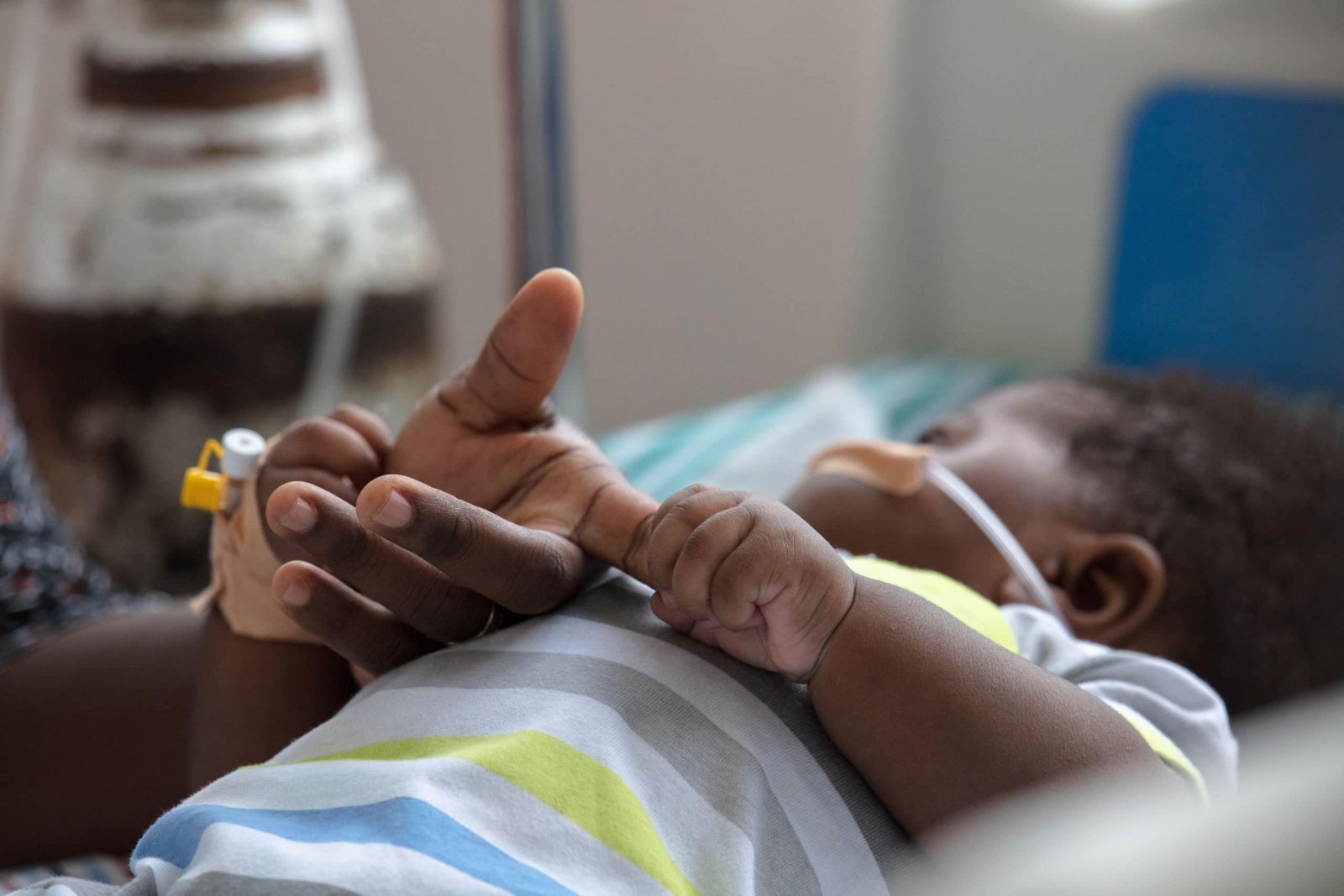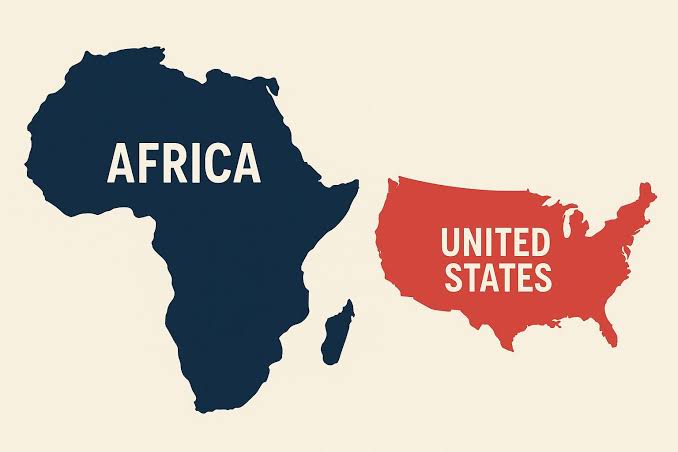
The recent report from the United Nations Inter-agency Group for Child Mortality Estimation has revealed that the number of children dying before they turn five has dropped to 4.9 million in 2022, marking an all-time historic low.
The report, released on Wednesday, showed that more children are surviving now than ever, with the global under-five mortality rate decreasing by 51 per cent since 2000.
It said that countries with low and lower-middle incomes had exceeded this decline, showing that progress is achievable when adequate resources are directed towards primary healthcare, including child health and well-being. It cited countries like Cambodia, Malawi, Mongolia, and Rwanda that have made substantial strides in reducing child mortality by over 75 per cent since 2000.
According to UNICEF Executive Director Catherine Russell:
Behind these numbers lie the stories of midwives and skilled health personnel helping mothers safely deliver their newborns, health workers vaccinating and protecting children against deadly diseases, and community health workers who make home visits to support families to ensure the right health and nutrition support for children. Through decades of commitment by individuals, communities, and nations to reach children with low-cost, quality, and effective health services, we’ve shown that we have the knowledge and tools to save lives.
However, the report also pointed out that, despite this progress, there’s still much work needed to end preventable child and youth deaths, stating that in addition to the 4.9 million lives lost before the age of 5 – nearly half of which were newborns – the lives of another 2.1 million children and youth aged 5-24 were also cut short. Most of these deaths were concentrated in sub-Saharan Africa and Southern Asia, it added.
The report attributed this tragic loss of lives to preventable or treatable causes, such as preterm birth, complications around the time of birth, pneumonia, diarrhoea, and malaria, asserting that many lives could have been saved with better access to high-quality primary health care, including vital and cost-effective measures, such as vaccinations, availability of skilled health personnel at birth, support for early and continued breastfeeding, and diagnosis and treatment of childhood illnesses.
WHO Director-General Dr Tedros Ghebreyesus said while there has been welcome progress, every year, millions of families still suffer the devastating heartbreak of losing a child, often in the very first days after birth.
Where a child is born should not dictate whether they live or die. It is critical to improve access to quality health services for every woman and child, including during emergencies and in remote areas, he added.
About The Author
Related Articles
Bola Tinubu Administration Accused of Enabling Terrorism as NSA Nuhu Ribadu Pushes Terrorist Reintegration with Western-Funded Ex-Fighter Programs
The administration of President Bola Tinubu is running the country on autopilot...
ByWest Africa WeeklyMarch 1, 2026Sovereignty for Sale? African Leaders Under Fire for “Lopsided” US Health Deals Linked to CIA Mind Control Research
A diplomatic firestorm is sweeping across Africa after 17 nations signed on...
ByWest Africa WeeklyFebruary 27, 2026Zimbabwe Rejects $350m US Health Deal Over Sovereignty Dispute
Zimbabwe has formally withdrawn from negotiations on a proposed $350 million health...
ByWest Africa WeeklyFebruary 25, 2026Niger’s President Outlines Vision for Strategic Partnership with China
Niger’s Head of State, General Abdourahmane Tiani, has articulated a renewed vision...
ByWest Africa WeeklyFebruary 25, 2026












